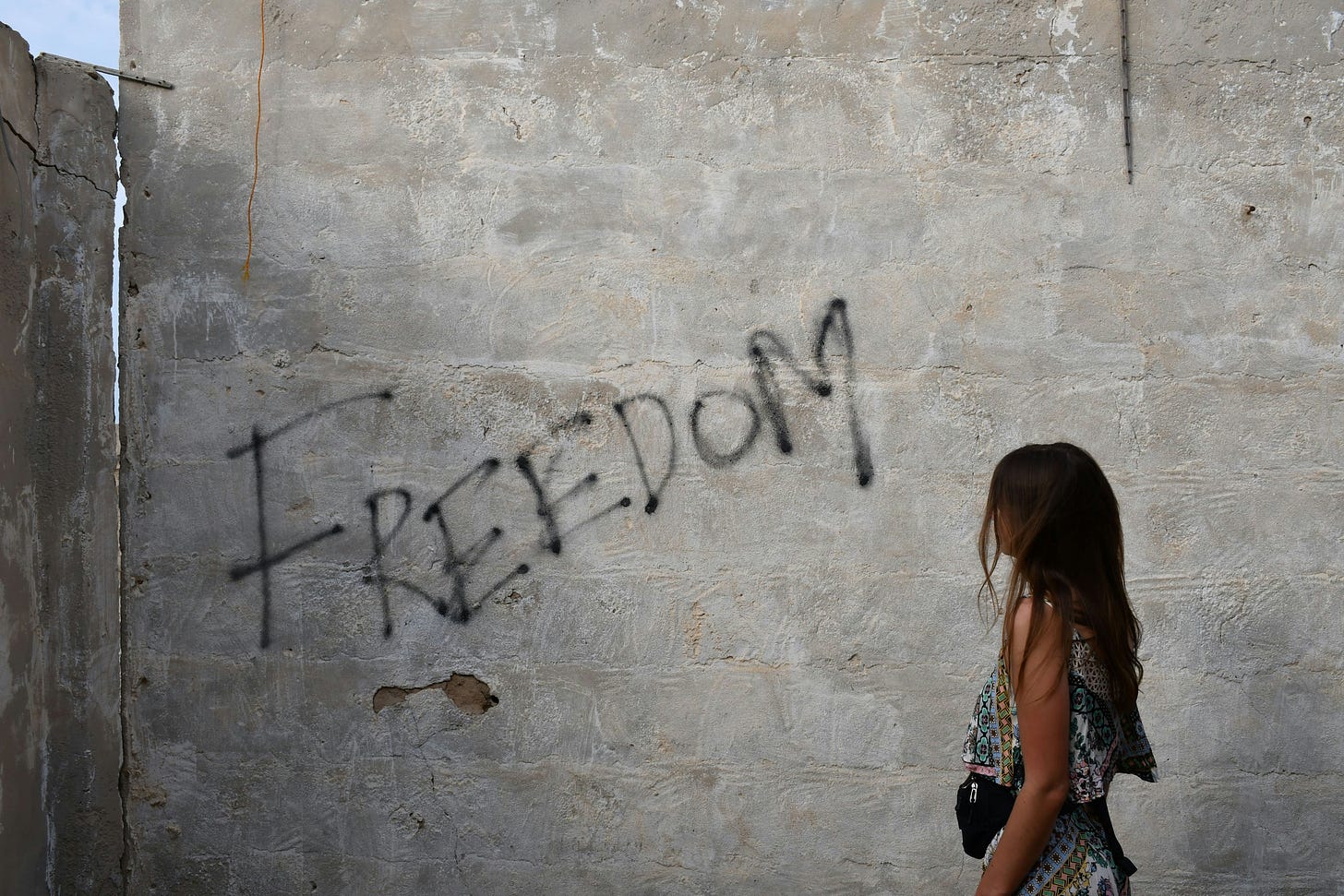Fight Back: Defending Immigrant Rights in 2025
These are the organizations to support.
Trump’s immigration policies are crossing dangerous lines. These aren’t just policy shifts—they’re calculated attacks on human rights, pushing boundaries to target vulnerable communities.
Here’s a look at what’s at stake and who’s stepping up to protect those at risk.

Birthright Citizenship Under Attack
Trump’s executive order seeks to end automatic citizenship for children born in the U.S. to non-citizen parents. This would be a direct challenge to the 14th Amendment, which guarantees that anyone born in the U.S. is a citizen. If successful, this policy could strip citizenship from thousands of children, particularly within immigrant communities, creating widespread legal uncertainty for families and children who have grown up as American citizens.
In response to this executive order, a federal judge temporarily halted the policy, ruling that it could violate the Constitution’s guarantee of birthright citizenship. This is a significant victory for those fighting to protect immigrant families, but the case is ongoing and may end up at the Supreme Court.
Defending Organizations:
ACLU: Sued the government for attempting to eradicate birthright citizenship.
MALDEF: Latino legal civil rights organization part of legal efforts to protect the 14th Amendment.
LULAC: Fighting for Latino community rights and part of the lawsuit defending the citizenship of children born in the U.S.
Asian Americans Advancing Justice: Standing firm to protect the diverse and inclusive nature of U.S. citizenship.
Refugee Resettlement Suspension
Trump has ordered indefinitely paused the refugee admissions effectively reversing U.S. commitments to provide refuge to those fleeing war, persecution, and violence. This move echoes his earlier actions in 2017 when he slashed the annual refugee admissions cap to 45,000—the lowest in modern history—and temporarily suspended refugee resettlement from several countries.
In response, the Biden administration worked to undo the damage, restoring the admissions cap to 125,000 in 2022 and making significant strides to rebuild the refugee resettlement program. In addition, Biden introduced private sponsorship programs to encourage community-based support for refugees, allowing individuals and organizations to sponsor refugees and help them integrate into American society.
However, Trump’s new order to pause refugee resettlement puts this progress at risk, undermining the U.S.'s moral and international obligations and disrupting resettlement programs that have been critical for families seeking safety.
Organizations Taking Action:
International Rescue Committee (IRC): Challenging the policy gap and advocating for a return to humane refugee resettlement practices.
Refugees International: Working to defend global refugee protections and ensure that the U.S. fulfills its commitments to resettling those in need.
Church World Service: Rallying faith communities to push for the resumption of refugee admissions and standing with those displaced around the world.
Asylum Seekers' Challenges
The Trump administration shut down the CBP One app. It had been a key tool for scheduling asylum interviews and preventing detentions at the border, but its removal has created an additional barrier for asylum seekers, leaving many without a clear path to navigate the asylum process
Advocacy Groups Leading the Charge:
RAICES: Ensuring fair access to asylum and fighting for technology that serves, not harms, vulnerable migrants.
Human Rights First: Advocating for a fair asylum process and defending migrants facing unjust treatment.
Electronic Frontier Foundation (EFF): Protecting digital rights, especially for people using technology to seek safety.
Muslim Ban Resurrection
Trump’s executive order, titled “Protecting the United States from Foreign Terrorists and Other National Security and Public Safety Threats,” paves the way to reinstate a discriminatory policy targeting predominantly Muslim and Arab countries, essentially mirroring the controversial 2017 Muslim Ban which targeted several Muslim-majority countries such as Chad, Iran, Libya, Somalia, Syria and Yemen. Civil rights groups are sounding the alarm, warning that this order uses the same legal justification as the 2017 ban—but with even more authority to exclude or remove people based on their beliefs. This new version of the ban would add more nations, including war-torn Gaza and Afghanistan, to the list of restricted countries.
Who’s Fighting Back:
The American-Arab Anti-Discrimination Committee (ADC): challenging the new executive order in court and mobilizing communities to fight against the reinstatement of the Muslim ban.
Council on American-Islamic Relations (CAIR): Mobilizing Muslim American communities to stand up against profiling and discrimination.
Ending Federal DEI programs
In addition to immigration-focused orders, Trump has issued an executive order attacking Diversity, Equity, and Inclusion (DEI) programs in federal agencies and institutions, including schools, businesses, and non-profits. DEI programs play a vital role in ensuring that marginalized groups, including immigrants, have fair access to opportunities, legal protections, and social services. A rollback of these programs would make it harder for immigrant communities to receive the support they need, particularly in areas like education, healthcare, and workplace equality.
Defending Organizations:
National Immigration Law Center (NILC): Advocating for diversity and inclusion policies that protect immigrants.
NAACP: Fighting to ensure that immigrant communities have access to equity in education, employment, and housing.
How You Can Help:
Donate to organizations fighting these policies on the front lines.
Contact your representatives and demand they take action to protect immigrant rights.
Raise awareness through social media and community outreach—let’s make sure the voices of those impacted are heard.
Support local immigrant legal clinics to ensure families have the resources they need to navigate these challenges.

